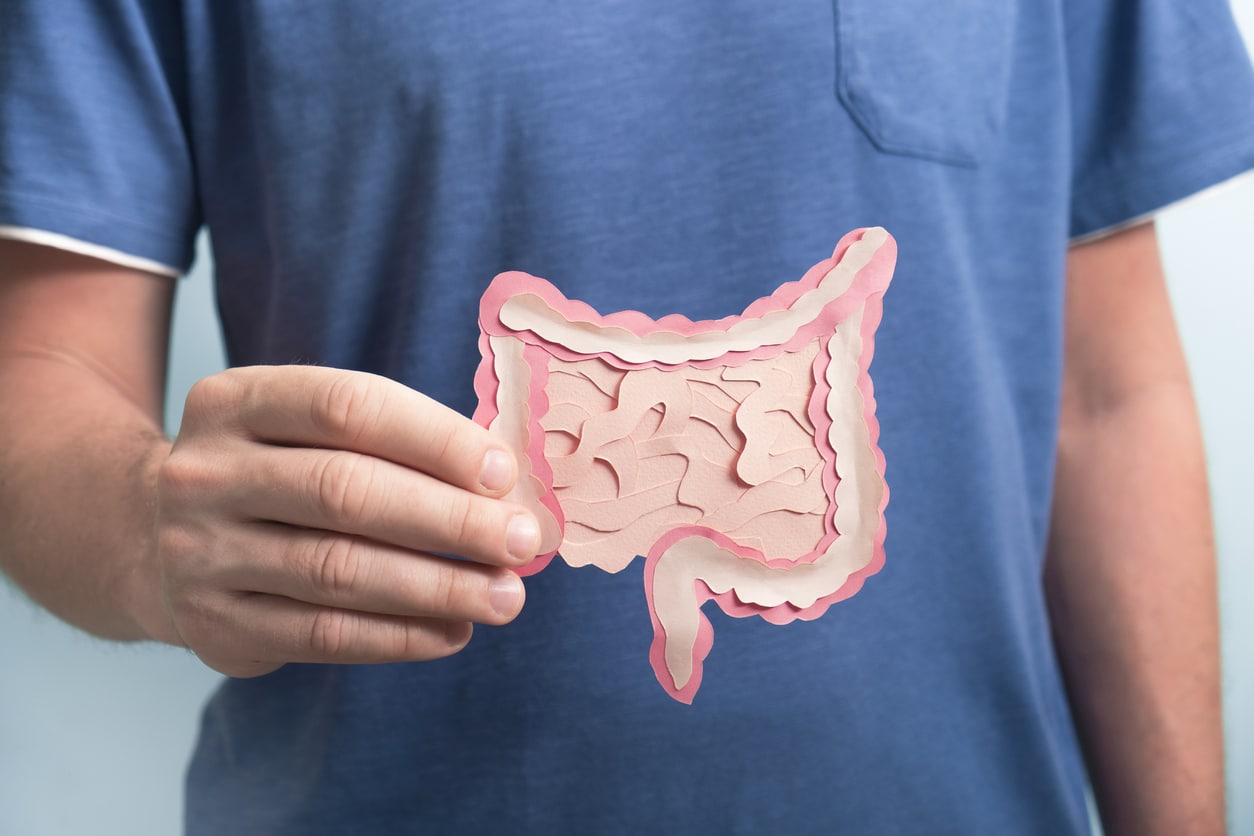Written By: Kira Greasley, B.A, CHNC
Last month we talked about the importance of regular bowel movements and that being constipated or having diarrhea can be a sign that your digestion is off. So lets’ dive in a little further.
Digestion is the process of turning large pieces of food into its component nutrients by mechanical, chemical and microbial digestion. Although each part of digestion is important, we are going to focus specifically on microbial digestion.
Your gut hosts 100 trillion micro organisms which are made up of bacteria, viruses, protozoa, algae, and fungi and we could not exist without them. These microorganisms make up 70% of our immune system and are in constant communication with the brain either directly or through other mechanisms that alter the brain. Your gut has its own nervous system, known in the literature as the enteric nervous system but is generally referred to it as the second brain. We’ve all heard the common expressions “go with your gut” or “I have a gut feeling” and the data is showing there are three major routes on how our gut “talks” to the brain:
- The vagus nerve takes what information we put into our gut and distributes it to the brain and visa versa. This vagus nerve has many neutrons or sensors that then distribute that information out to other parts of the body. People, what happens in the vagus does not stay in the vagus on this one!
- Microbes make neurotransmitters and hormones that can signal the brain through our nerve networks. For example, did you know that certain bacteria in our gut produce 90-95% of our peripheral serotonin (the happy hormone). Serotonin is responsible for our emotional well being, GI motility, and is a precursor to the production of melatonin that helps us sleep. As such, our thoughts, perception and stress can literally alter the composition of our microbiome.
- Influencing the immune system, which interfaces directly with the nervous system throughout our entire body. In this situation, think of your microbes as a security system, are they actively surveilling or are they asleep at the wheel.
To put it all into simple terms, how we “tend to our garden” literally determines how our entire body responds. Balance between the immune system, the hormonal system, and the nervous system begins in, and is critically dependent on a healthy gut. So with all this in mind, what are some simple steps you can do?
- Counteract that stress response. The flight or flight stress response is a natural survival mechanism but if it is never turned off, body processes such as digestion, mental well-being, and the storage and expenditure of energy in the body become affected This is one reason for fatigue, depression, and suppressed immunity.
- Start looking at the foods you eat as information for your microbes, as they have a major effect, good or bad, on how they flourish. Is that information positive (bright coloured) or negative (bland colour)? Our gut bacteria need complex, fermentable starches to feed on. Hello, fruits and vegetables.
- Probiotics are live micro-organisms, which when administered in adequate amounts, provide health benefits for the host such as enhancing mineral absorption, strengthening the immune system and protecting the intestinal wall lining. Food items such as whole milk yogurt, Kefir, raw unpasteurized sauerkraut, true kombucha tea (not sugar drinks) and beet kvass are good options. Adding a multi-strain probiotic to one’s regimen may also improve the diversity of one's gut flora.
- Prebiotics are indigestible plant fibres that selectively stimulate the growth of beneficial bacteria in our gut. Their job is to feed the probiotics. Food items such as onions, bananas, garlic, Jerusalem artichokes, miso, legumes and raw natural honey are good food sources.
- Expose yourself to a variety of environments including animal/pet exposure, gardens (what a great way to connect and teach your children about food or just to relax), travel if possible to expose yourself to different new gut friends, introduce a different vegetable at each grocery shop. The ways are endless!
- Don’t be a clean freak! There is a term called the hygiene hypothesis, which states that a lack of early childhood exposure to bacteria or germs does not give the immune system a chance to develop. Use caution when using antibiotic soaps, antibacterial cleaners, and hand sanitizers. Look for more organic cleaners where possible, your gut bugs will thank you.
- Unless necessary, lay off the use of antibiotics as they do not discern between good or bad bugs, they just wipe out the entire colony. With that being said, antibiotics have a time and a place, so please consult your physician.
As we have seen, our microbiota can alter quickly in response to our diet or environment. As such, it is important that we look at how we cultivate it as a life-long way of living and eating and not some short-term fad.
If you are interested in learning more or improving your microbiome from a nutritional perspective book a consultation with Kira Greasley today. Kira works at AST Willow Park and is currently taking new patients.



